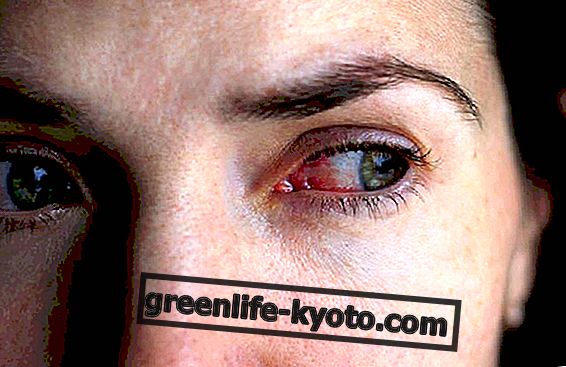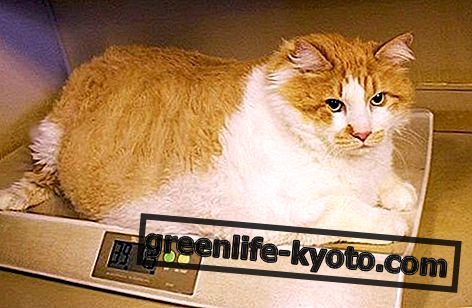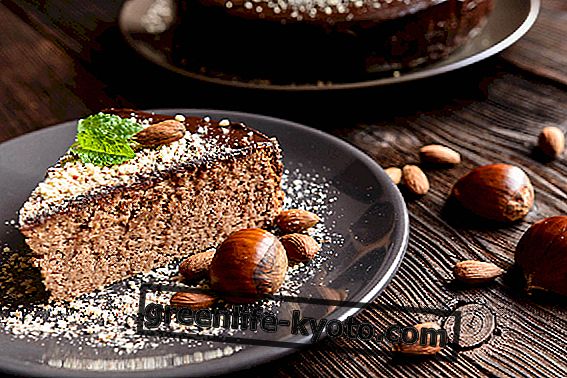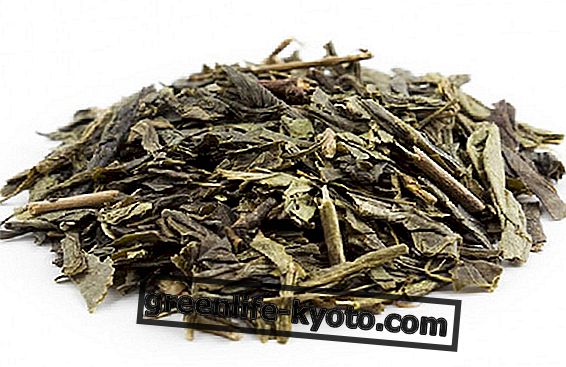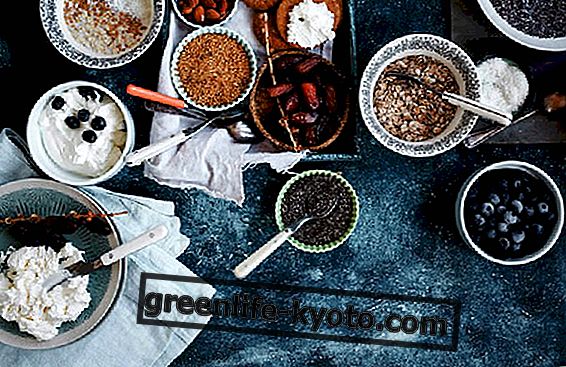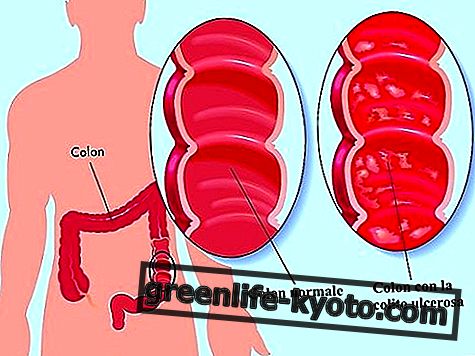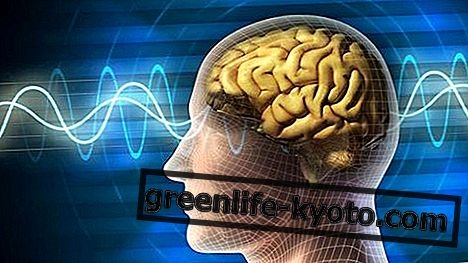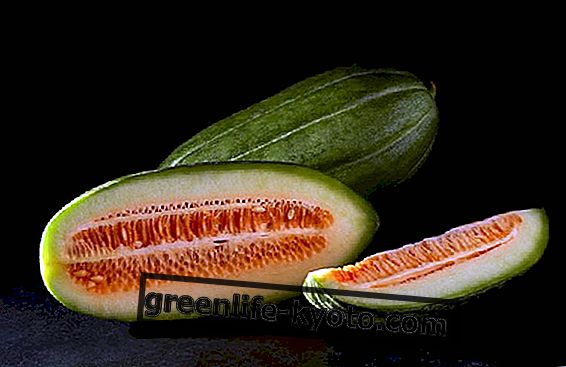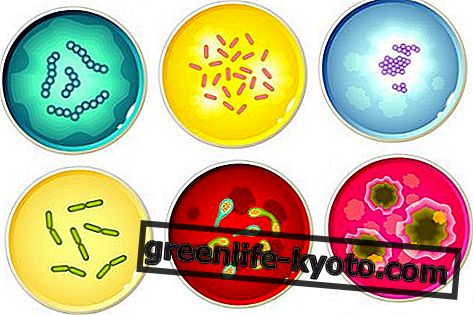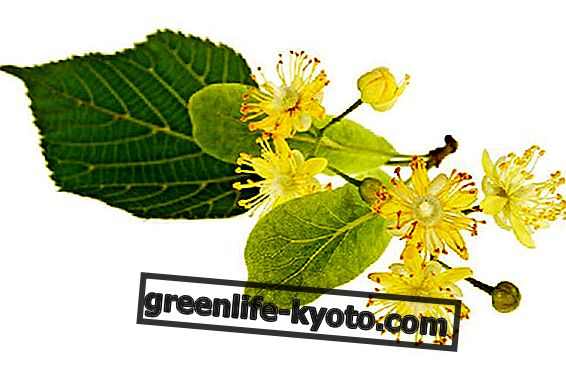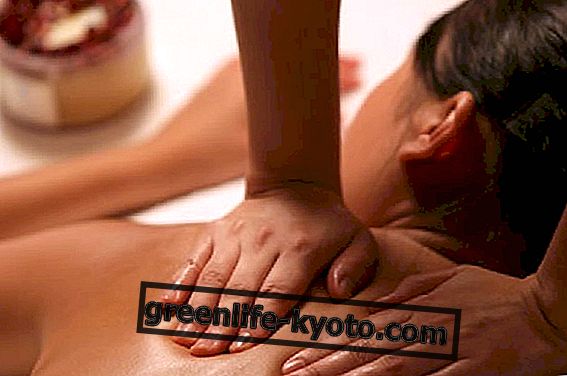Curated by Maria Rita Insolera, Naturopath
Policosanols are a mixture of natural substances extracted, in particular, from sugar cane, useful as an adjuvant treatment in cases of high cholesterol. Let's find out better.
Policosanols extracted from sugar cane

What are policosanols
Polycosanols are a mixture of aliphatic alcohols that are derived from sugar cane.
One of the main activities of policosanol is prevention against blood clots and thickening of venous walls. They also help reduce platelet aggregation and the accumulation of fat cells.
Main functions of policosanols
Polycosanols improve the general health of the body . They prevent the formation of blood clots, performing a valid anti-platelet aggregation action, comparable to that exerted by acetylsalicylic acid.
In this way they help to reduce the formation of thrombus that can form in the blood vessels; policosanols regulate the level of cholesterol present in the blood (they decrease the sensitivity of LDL lipoprotein to oxidative changes, therefore there is a reduction of LDL, bad cholesterol, in favor of the increase in HDL good cholesterol).
Polycosanols are useful against free radicals and the oxidation of LDL, moreover, they have a positive action on the cardio-vascular system since they are able to reduce the proliferation of smooth muscle cells in the vessel wall responsible for reducing the flow of blood.
Thanks to these properties, policosanols help prevent cardiovascular diseases such as atherosclerosis, myocardial infarction, cerebaral ischemia, peripheral arterial insufficiency.
Where are
Policosanols are substances contained in many vegetables such as alfalfa, avocado, sugar cane, the cotton plant and many leaves with a waxy layer that makes them shiny.
These substances are commercially available in the form of supplements that are often used as a supplement to lower the level of the so-called "bad" cholesterol in the blood, that is transported from the LDL lipoproteins from the liver to the tissues where it is used and stored, to instead increase the levels of the "good" one, taken from the HDL lipoproteins from the tissues and brought back to the liver, which removes too much of them.
The polycosols are present, albeit in smaller quantities, in green tea and rice .
Contraindications of policosanols
Generally the intake of policosanol is very well tolerated by the human body, however common undesirable side effects can be headache, intestinal problems, insomnia, weight loss and skin rashes.
In case of these contraindications it is good to stop the consumption of supplements based on policosanol and consult a doctor.
In addition, some people, such as pregnant women, hemophiliac children, or people allergic to wax, potatoes or cane sugar, should refrain from taking these substances.
